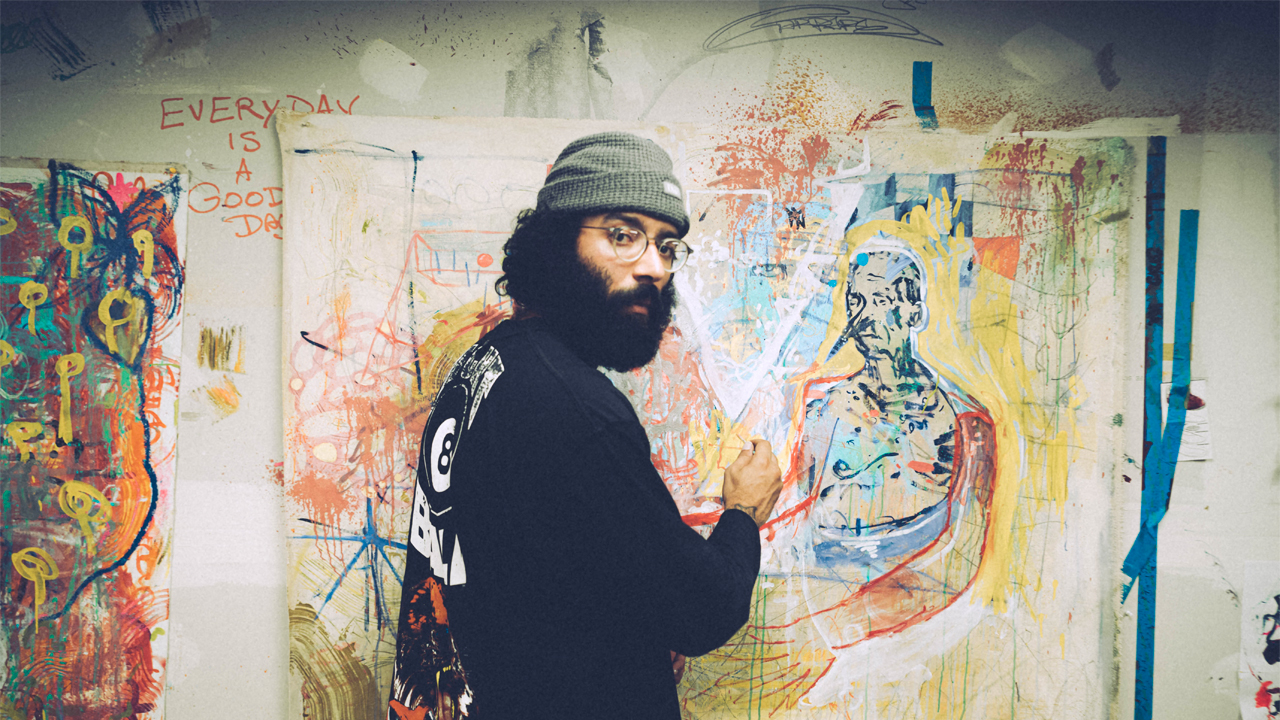There are several traits that make a person good at what they do. Gay Hendricks’ book, The Big Leap, goes into detail on how you can achieve high-performing success in life and at work via his Zone of Genius framework. Gay claims that in order to achieve your Zone of Genius, you must have a unique mixture of three key ingredients: skills, strength, and talent. In essence, your Zone of Genius is when all three of these components are combined, making you most productive and allowing your skills to naturally shine.
Here’s how these three components are defined:
- Skill: is something that you learned and can do well, like being proficient in Photoshop
- Strength: is anything that supplies you with energy, like your family or being kind to others
- Talent: is a natural ability that you possess, like being good at pencil drawing
As a graphic designer and creative director for over 20 years, I can attest to the presence of these three components in individuals who have achieved success in their artistic disciplines. Some of the most creative designers I’ve had the privilege of managing have shown exceptional artistic skills, profound personal strengths, and natural artistic talent. But that’s not all; I’ve also found two other character traits in successful artists: passion and purpose. When these two character traits are paired with skills, strengths, and talent, they can propel an artist to new heights.
Passion is the heart
According to Merriam-Webster, “passion” is a strong liking or desire for or devotion to some activity, object, or concept. A more poetic definition can be found in author Kevin Hall’s book Aspire, where he defines passion as a willingness to suffer for what you love. A good artist, in my opinion, is someone who is incredibly passionate about their creative medium, whether it is oil painting, pencil drawing, photography, creative writing, digital design, illustrations, or something else. When it comes to art, passion adds an extra layer of dedication, devotion, and love to your artistic creation. Money, awards, and other accolades are meaningless when you are passionate about what you do.
Purpose is the soul
If passion is the heart, then purpose is the soul. Purpose can influence life decisions, affect behavior, define objectives, provide direction, and bring about meaning. Some individuals associate purpose with vocation—meaningful, gratifying work. Others find their purpose in their responsibilities to family, friends, or those in need. These are the reasons why I firmly believe that a sense of purpose is required to achieve a higher level of artistry. When you create art with a purpose, you have an inherent motivation—an internal guide of sorts—that helps you make the right creative decisions, thereby elevating your art.
The real magic happens when skill, strength, and talent, are combined with passion and purpose.
To summarize, a person can be considered a “good artist” even if they lack passion and purpose. Many paid artists produce art that lacks passion and purpose while still serving the needs of their clients. In fact, most designers I’ve worked with and managed have had success despite lacking these character traits. However, the real magic happens when skill, strength, and talent, are combined with passion and purpose. This is what Stephen R. Covey would term a win-win situation that benefits both the art and the artist.
Header Photo by Frankie Cordoba on Unsplash

